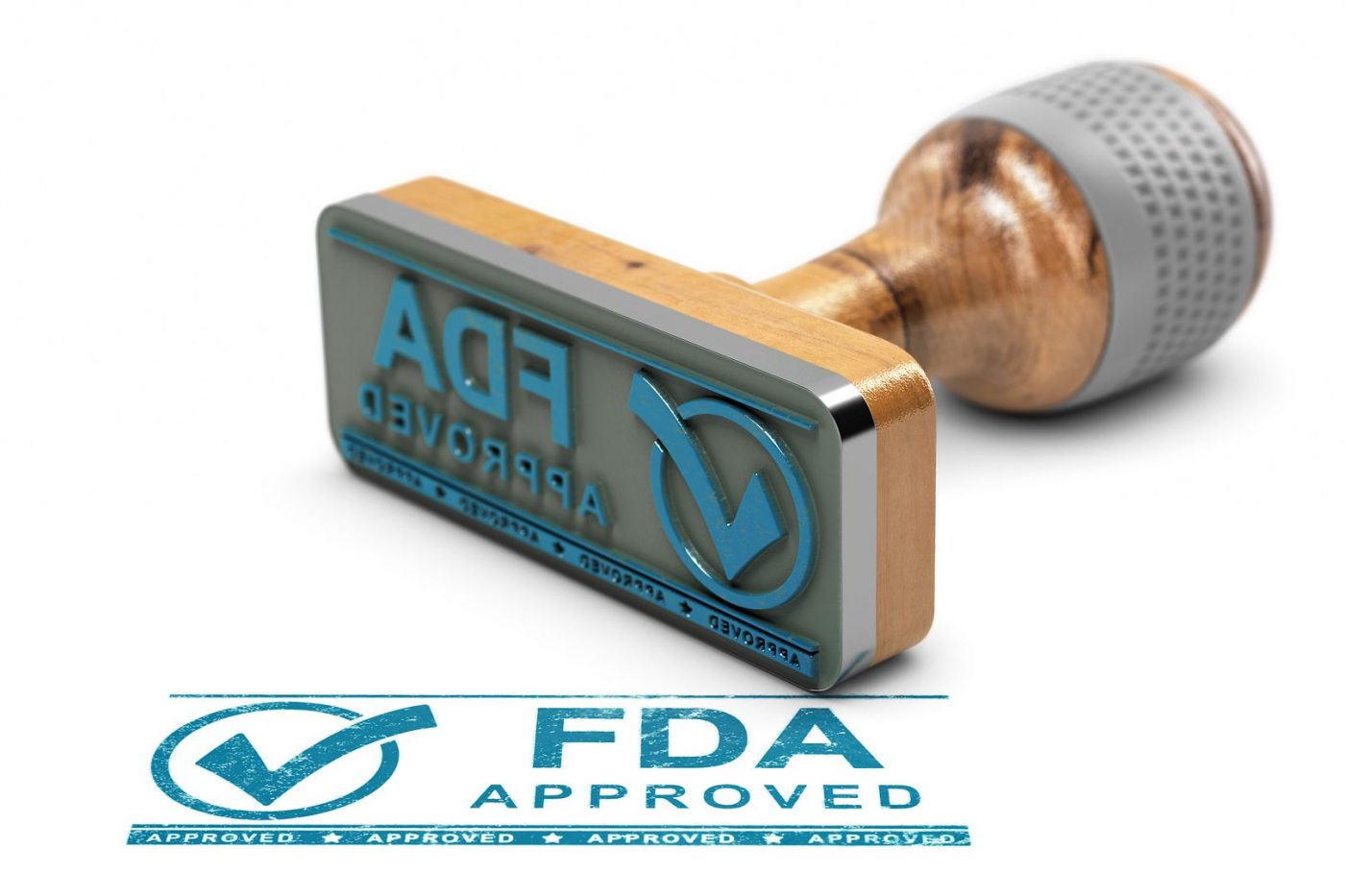FDA Approves Actemra to Treat Adults With SSc-ILD

The U.S. Food and Drug Administration (FDA) has approved Actemra (tocilizumab) to slow lung function decline in adults with systemic sclerosis-associated interstitial lung disease (SSc-ILD).
“We are honored to offer the very first FDA-approved biologic treatment option to people living with systemic sclerosis-associated interstitial lung disease,” Levi Garraway, MD, PhD, chief medical officer at Roche, said in a press release. Biologics are a type of disease-modifying antirheumatic drug (DMARD), which target specific parts of the immune system that drive inflammation.
“This milestone approval provides a much-needed new treatment option for people living with this rare, debilitating disease,” he added.
Actemra, known as RoActemra in Europe, is an immunosuppressant therapy sold by Genentech (a Roche subsidiary) and previously approved to treat rheumatoid arthritis, specific types of juvenile arthritis, and other indications. It works by blocking a pro-inflammatory protein called interleukin-6 (IL-6), which plays a major role in several conditions.
Systemic sclerosis, or scleroderma, occurs when the immune system malfunctions and targets the skin and other organs. ILD, which can occur in nearly 80% of scleroderma patients, is caused by the buildup of scar tissue and inflammation in the lungs, seriously affecting their ability to breathe.
The FDA approval is based on the Roche-sponsored focuSSced trial (NCT02453256), a Phase 3 study of 212 adults with scleroderma. Participants were randomly assigned to weekly subcutaneous (under-the-skin) injections of 162 mg of Actemra or a placebo for 48 weeks — almost one year — followed by open-label therapy (all given Actemra) every week for another 48 weeks.
The trial did not meet its primary goal of a change in the modified Rodnan Skin Score (mRSS), a standard measure for skin thickness, comparing week 48 to the study’s start. mRSS lowered by a mean of 5.88 points with Actemra and 3.77 with placebo, a different that was not statistically significant.
A total of 136 patients (68 in each group) had ILD at the study’s start, as confirmed by CT scans.
An analysis revealed that, compared with placebo, patients treated with Actemra had a smaller decline in mean forced vital capacity (FVC), a lung function test that assesses how much air is exhaled after a deep breath. The mean FVC decline with Actemra was 14 mL and 255 mL with placebo after 48 weeks.
Actemra-treated patients also had a smaller decline in mean percent predicted FVC (ppFVC), which compares FVC to that of a healthy person of the same age, sex, race, and height. ppFVC in the Actemra group changed 0.07%, compared to a 6.4% decline in the placebo group.
Approval was also supported by results from the faSScinate trial (NCT01532869), a Phase 2/3 study of Actemra in adults with scleroderma. Again, the therapy did not lead to a statistically significant effect on the primary goal of mRSS, but the FVC results in this trial were similar to those seen in the focuSSced study.
Safety findings with Actemra’s use in the 48-week focuSSced study were comparable to those of the trial’s SSc-ILD placebo group and its overall SSc patient population. These results were consistent with the known safety profile of Actemra in both the focuSSced and faSScinate studies.
The most common adverse events in treated patients were infections. Serious adverse events in both the Actemra and placebo groups were mainly infections and cardiac complications.
The FDA had granted Actemra priority review for scleroderma, a designation given to medicines with the potential to provide significant improvements in treatment, prevention, or diagnosis.






